|
On the second day of my little weekend getaway, I was finally doing what I had been daydreaming of doing for weeks now – I sat in my comfy knitwear for hours to read a book, enjoy a pretty view and gorgeous weather, drink some tea and stab a voodoo doll (okay kidding). It was the best, serene feeling of doing nothing, and my mind was now free to revisit some of the things I had thought of reflecting on, but had no time to do so. I have an imaginary shelf in my head where I would store thoughts ‘to be revisited’ when the time and space allows me to. So far the top 3 things are; ‘do babies cry in the womb?’, ‘foreign exchange policies’(snore fest) and ‘forgiveness’.
Forgiveness is an even more daunting task than apologizing. Apologizing requires surpassing one’s ego to do it, but forgiveness requires surpassing one’s ego to do it AND choosing to see a person in a positive light AND giving others the benefit of the doubt. But newsflash; it is made even harder when the person you are trying to forgive is yourself. Like a lot of other people, I am perhaps my own worst critic. When something does not happen the way I had hoped or planned, I am quick to turn the blame on myself first. Perhaps it is due to the opinion that although I can’t control situations, I can certainly control me. Why did I act out of anger? Why did I say that? Why did I do that? Why would I make that bad decision? Sometimes there are words I expressed that I wished I had not said, circumstances I wished I had handled better, or even things I wished I had fought harder for. It is true that the heart is the mind’s braver sibling, but sometimes it deludes us to make hasty emotional decisions and reactions we later regret. In circumstances such as these, it is helpful to perpetually remember this – there is always a reason for why people are the way they are. Understanding this makes anger more irrelevant and forgiveness more prominent. Perhaps a person did that because they have fears, just like we all do sometimes. Perhaps we ourselves acted a certain way fuelled by our disappointments of an expectation, and isn’t that natural? I realised that the twenties is a crucial time to experiment with the concept of empathy, and the balance between heart and head (in between the raging hormones, the self-searching and the quarter-life crisis. How exciting.). As a conclusion, I once came across a beautiful saying, which have evidently helped me through countless times. It says, “How many times should you forgive yourself and others? As many times as you would like God to forgive you”. I find that it speeds up my own forgiving process, even that one time a mean boy came up to me when I was 15 and called my face ugly. I still despise you, you punk. It is wishful thinking to want a life free of big mistakes. Even the best of us are bound to make them at some point in our lives. A histogram of mistakes will show a large concentration of them being committed between the late teens to the mid-thirties. When I say ‘big’ mistakes, I don’t mean the mundane ones such as not saving enough for retirement, deciding to not go for an European adventure in 2015 or wearing a hideous outfit to an event. I’m talking about major, earth shattering ones, ones that change your course of life altogether, betray your own ethics or even at times, destroy an important element of your livelihood.
I am product of a judgemental society. That means I will immediately judge you the minute you commit an action that is not the norm of my culture or a huge disobedience of my beliefs (this applies if you are also a member of my faith). Come to think of it, it is normal to make judgement. Humans are designed to be able to assess a situation when it occurs, and assessment and judgment are two peas in a pod. When people say they have no judgement, they are lying. What makes a difference is the extent of the judgement, and a person’s ability to make the most unbiased response based on it. Unfortunately, for the most of us being judgmental and socially punishing people for their mistakes have grown into a sense of entitlement. We feel righteous in doing so, as it becomes a way for us to reassure ourselves that we are better than these people who made mistakes and were outed for them. I remember a distinct time not too long ago when a girl I knew got knocked up and her boyfriend fled the scene. To that girl, the incident was earth shattering. Imagine being young and clueless, and a mistake is costing her a lifetime of fixing her relationship with her devastated family, making ends meet as she didn’t have much money, and facing the scary world with a child, alone. She was repentful and humbled by what she had done. I became a member of that society who talked about her behind her back, showed little empathy and was judgmental of her circumstance. We set her doom and made sure she never forgot it. The truth was, if she was sorry she did it and had learned something from it, isn’t the rest of it now between her and her Maker? Meanwhile, it has been accustomed within our society to not be forgiving even when it is obvious that she will already spend the rest of her life making up for it. Now she has moved away and the last I heard she is happily married and beginning a new life. But I can’t help but think – if I had been less harsh and more helpful, perhaps I would have eased her sorrow and made a difference during her hardships however little it may be. I am sorry for how I conducted myself at the time. Through privileges of meeting people to discuss faith I have also realised a significant difference between the real pious ones and the so-called ‘religious’ followers. The ones that are sincere believers forgive and reach out, always more concerned with what they can do to improve things and make a difference. While the rest of us, well, the rest of us are too busy passing judgment and bitching around to move a muscle and do the exact thing that is asked of us; to become an example of a compassionate human being. Sometimes I think about the amount of screw ups I had done in the past and how many times I had gotten away with all of them slack-free. I will always be forever grateful with the chances I’ve had, although sometimes it is hard to process what I did to deserve them. But more importantly, perhaps if we are the lucky bunch who made major mistakes and recovered from them scoff free, it is made to turn out that way so we may understand those who are not so fortunate. Perhaps when someday we come across someone that is paying for their own mistakes, we would be empathetic and supportive, instead of tuning into the judgemental monster that lurks inside us, waiting to punish people as we see fit. |
archives
January 2023
Categories
All
https:/
/www.bootsoverbooks.com/
|
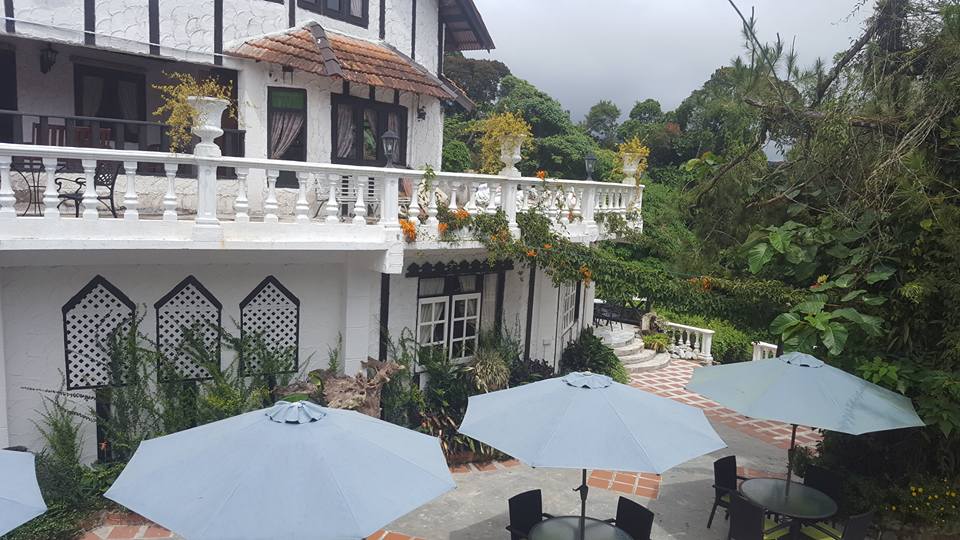
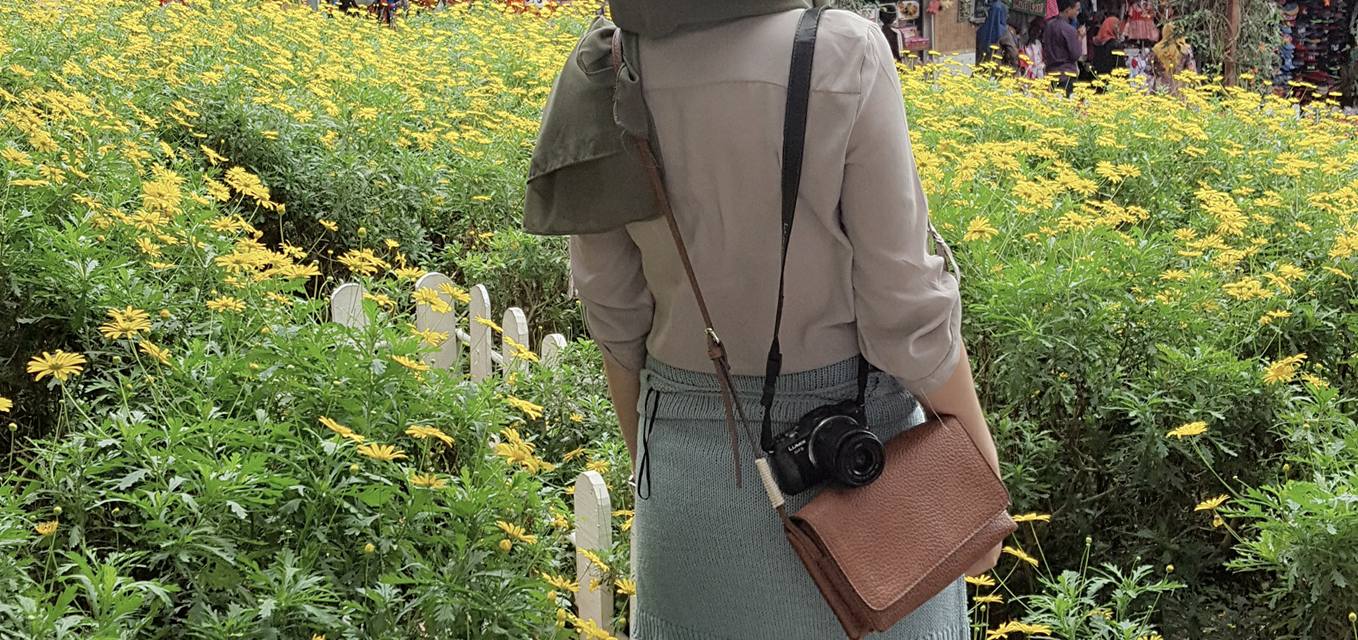
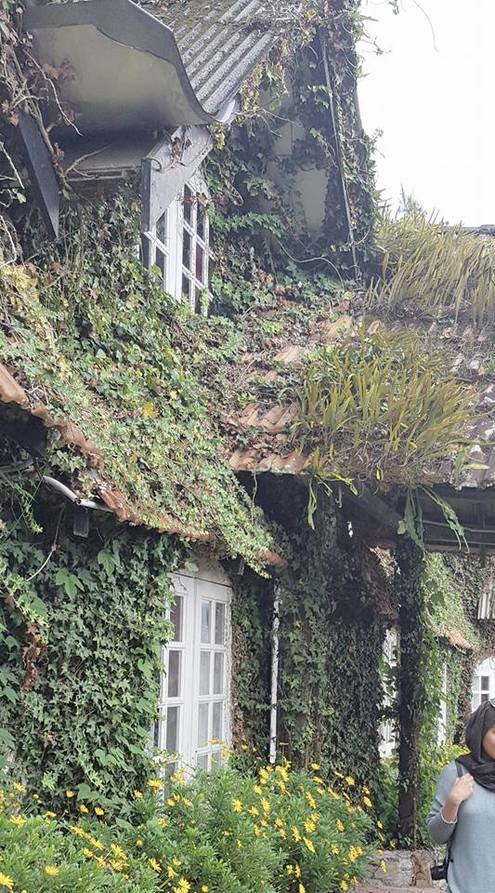
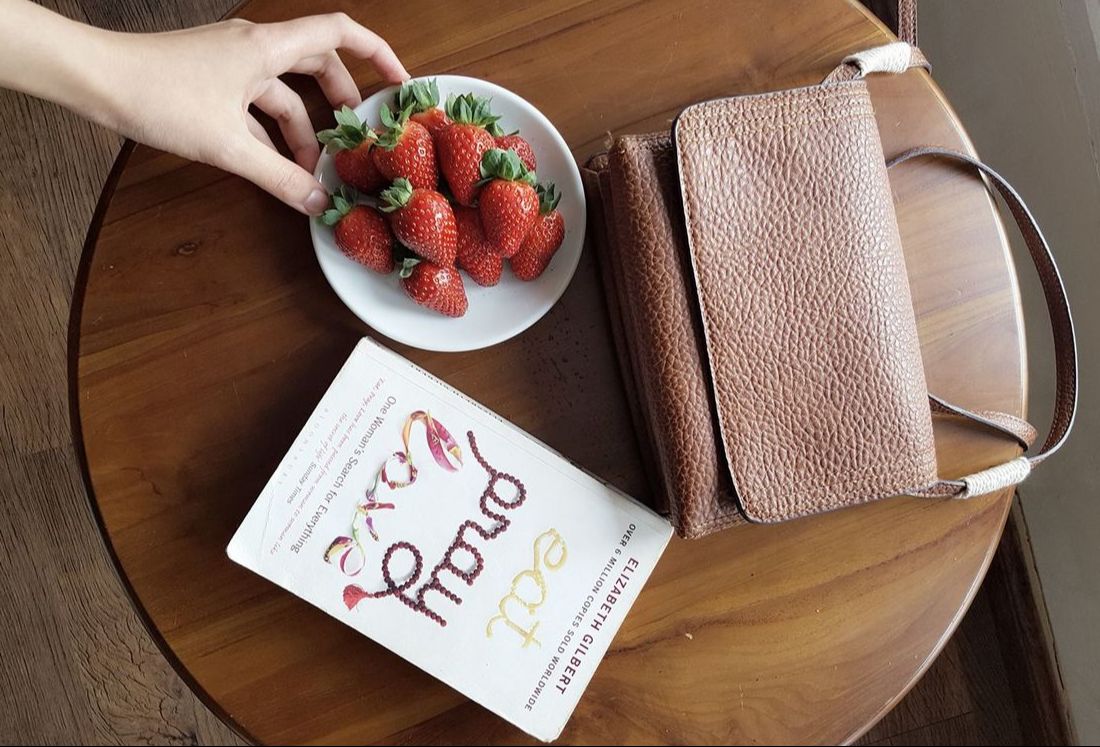
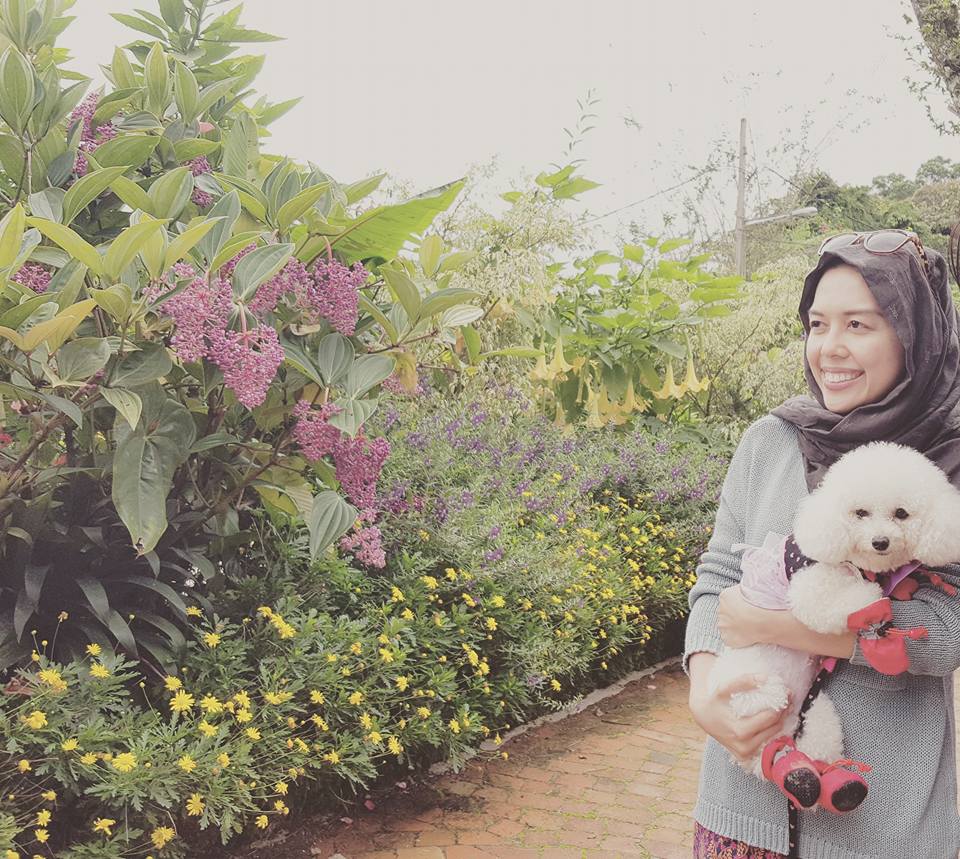


 RSS Feed
RSS Feed
